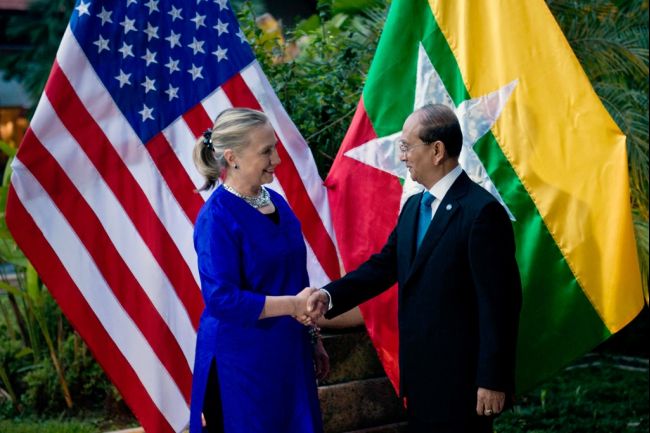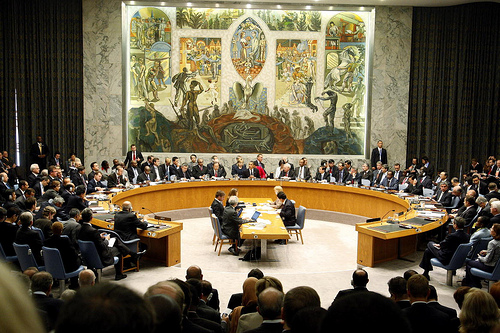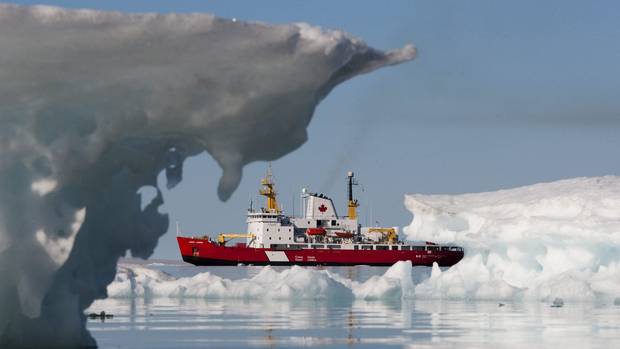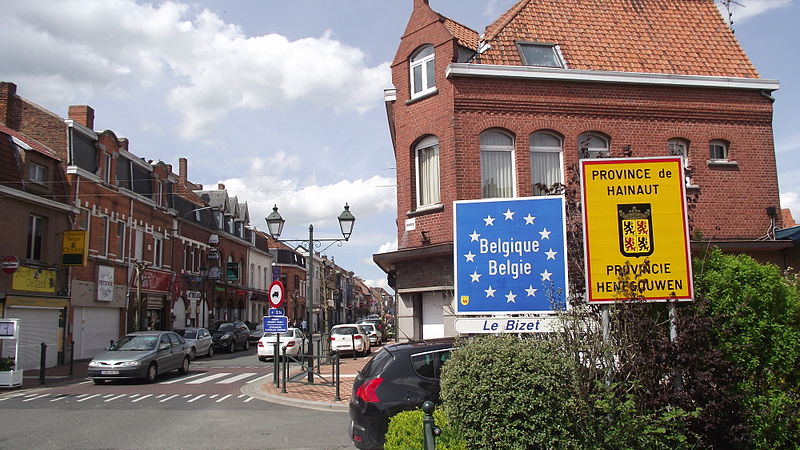In my previous article, I talk about how Southeast Asia has gradually emerged to become a key player in the global economy. I also talked about Myanmar and describe how this still impoverished but populated state, the “Bridge of South and East Asia,” can be the stepping-stone for Canada to stay relevant in the region. This article will continue to investigate the question of “Why Myanmar” by providing examples of Canadian operations in the country as well as Myanmar’s assets for potential development.
Myanmar’s outlook
Of all the emerging economies in the Asia-Pacific, Myanmar is considered by Canadian federal Trade Minister Ed Fast to be an “absolutely extreme example of high-risk, high reward potential.” Indeed, due to factors like the complete lack of both basic infrastructure and functional government institutions, plus various shortcomings like pervasive corruptions and strict economic regulations, Myanmar is still far away from being a proper emerging economic power. However, the country is currently undergoing a rapid transformation, and Minister Fast has stated that the opportunities in Myanmar are looking good for Canadian companies and investors.
[captionpix align=”left” theme=”elegant” width=”300″ imgsrc=”http://www.bloomberg.com/image/iiRP6TwQcg5c.jpg” captiontext=”The opportunities in Myanmar are looking good for Canadian companies and investors”]
The Forerunners and Sectors with Potential
To be sure, a handful of Canadian companies are already up and running in this Southeast Asian nation since Canada lifted its sanction against Myanmar in 2012. Optelian, an Ottawa based optical network technology company, is a good example of how Canadian companies have rushed to join the race to Myanmar. With an ambitious aim of assisting Myanmar to build its own wireless infrastructures, Optelian had a flying start by striking a major deal with the state-owned Myanmar Posts and Telecommunication. As mentioned earlier, Myanmar is a country that lacks even the most basic commodities. Thus, at this point, the country needs rudimentary telecommunication technology. Considering that we are now living in a world where “technology (telecommunication technology in this case) is so much cheaper and so much better than it used to be,” Myanmar will greatly benefit from this development. Also, given the size of Myanmar’s population, the potential to accelerate will be tremendous. Thus, in spite of expressing some degree of caution about the efficiency of a state-owned company, the representatives of Optelian are optimistic and confident about the prospects of their business in Myanmar.
Another sector in Myanmar that is worth mentioning is natural resource development. Centurion Minerals Ltd., a Vancouver based resource development firm is a Canadian company that sees the potential in Myanmar’s mineral reserves. Being the first and the only Canadian mining firm, Centurion is apparently doing very well, considering that the company has just signed a joint venture deal with Eternal Gold Mining Ltd, one of Myanmar’s largest private gold exploration and production firms. This deal would allow Centurion to explore and assess the development of an 8,903-hectare area in central Myanmar. Again, Centurion’s situation in Myanmar is very similar to that of Optelian; optimism and confidence about the economic prospects are often mixed with caution and prudence. While the company’s executives fully acknowledge that Myanmar is becoming more and more transparent and is indeed a good place to do business, “you do still need to be careful about who you’re partnering with.”
What About Agriculture?
Besides telecommunication and natural resources, Myanmar also has potential in areas like manufacturing (of consumer products) and agriculture. With regards to agriculture, Myanmar has the advantage of possessing an abundance of idle land and rivers that could be used to grow crops. According to the Vancouver Sun, Myanmar has about 12.25 million hectares of arable land and permanent crops, which is ranked as 25th-highest arable lands in the world. While productivity is fairly low compared to other Southeast Asian country like Thailand or Indonesia, agriculture in Myanmar will get a significant boost once there are gains in farm mechanization and improvements in farming technology.
“To Get There” Might Be A Bit Difficult
Again, it is always easier to talk about potential than to actually realize it. Myanmar still has quite a ways to go before it become a legitimate emerging economy. Obviously, there are a lot of obstacles which the Burmese have to confront. Foreign firms and government will also need to remain “engaged” in the country to ensure that the government continues to pursue economic and political reforms. Thus, if Canada wishes to benefit from Myanmar’s recent opening, it will need to continue or enhance its engagement both politically and economically with this Southeast Asian state.




